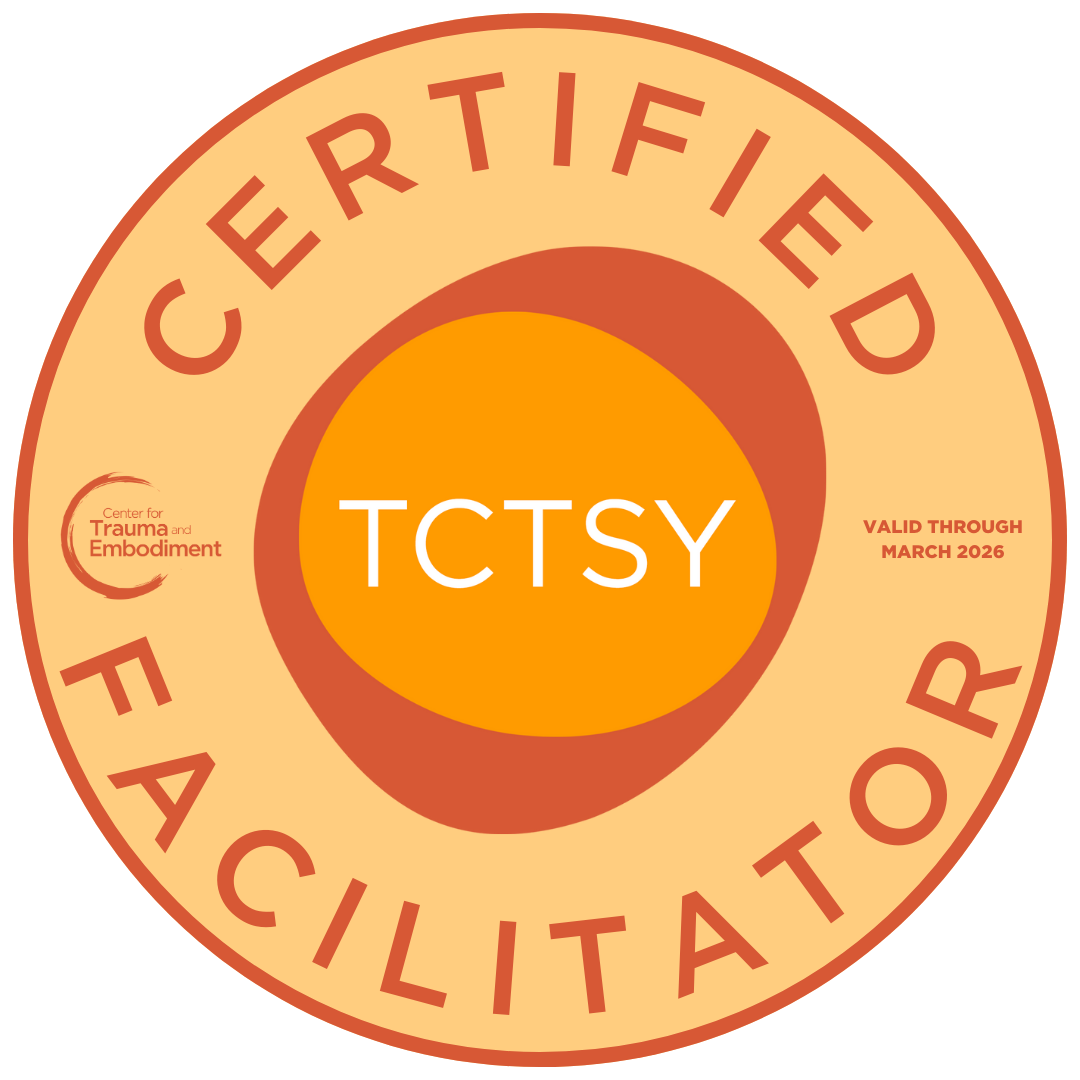
My Approach
Yoga practice has been a part of my life for 40 years. The word yoga means union or "to yoke to". In my practice the idea of integration of body-mind-spirit allows for a greater flow and expression of true self.
Early in my career, when I was working as a nurse, I began to notice the effect between body and mind, one affecting the other in ways that either promoted or hindered healing.
Yoga practice rooted in mindful awareness and self-compassion can assist us in developing better relationships to ourselves, other people and in community, both local and in the world, creating greater peace: within – among – between.
Gentle-Embodied Yoga:
classes & individual
Creating safe spaces where people can connect more deeply with their bodies supports self-agency. By offering yoga prompts that encourage each individual to focus within and connect to the wisdom contained in their body. The resulting experience is therefore suited to each individual, rather than asking the participant to conform to the practice.
In other words, each person’s body-mind-spirit becomes the guide informing the student how to respond to the cues and prompts offered in my classes.

I welcome people with all levels of yoga experience as well as those who’ve never taken a yoga class:
I love teaching beginners!
Those with yoga experience learn to deepen their practice
Tapping into my experience as a nurse, I have guided individuals who are returning to yoga after joint replacement, other surgeries or a change in function (with medical clearance by your primary care provider)
Certified as a Trauma Center Trauma Sensitive Yoga-Facilitator (TCTSY-F)
My personal experience healing from the effects of C-PTSD (Complex Post-Traumatic Stress Disorder) has led me to various healing modalities since I was in my late 20s. This journey created a desire to share what I have experienced with others. I am certified with the Center for Trauma and Embodiment, and trained with the founders of TCTSY (Trauma Center Trauma Sensitive Yoga) David Emerson and Jenn Turner.
As a TCTSY Facilitator I offer an approach based on the 5 core values of Trauma Center Trauma Sensitive Yoga:
5 core values of TCTSY Practice
-
The practice of offering options—both in movement and stillness—so individuals can make decisions based on their own internal experience. This supports the rebuilding of agency, particularly for those whose choices have been taken from them through trauma.
-
A commitment to never push, correct, or override a participant’s choice. The environment is intentionally structured so that no one feels forced or judged, making space for survivors to reclaim control in their own time and in their own way.
-
The ability to notice and feel what’s happening inside the body right now. TCTSY supports interoception by inviting attention to internal sensations like breath, muscle engagement, or heartbeat, helping participants reconnect with their bodies in a safe and supported way.
-
A way of speaking that offers suggestions rather than instructions. Phrases like “if you’d like” or “you might choose to” are used to create space for autonomy, allowing each participant to decide what feels right for their body in each moment.
-
The facilitator actively participates in the practice alongside students, rather than observing or instructing from the outside. This creates a relational space based on mutual presence, rather than hierarchy, allowing for more authentic connection and trust.
In my role as a TCTSY Facilitator I enjoy offering yoga facilitation as an adjunctive practice in collaboration with psychotherapists, PT & OT
I sought training as a Facilitator of TCTSY yoga to offer others a path through the resistance they may encounter within themselves—their body-mind-spirit -
that can interfere with experiencing their best selves
Inquire About
Working Together
If you are curious and would like to inquire or to register for a class, please use this form to contact me. .




